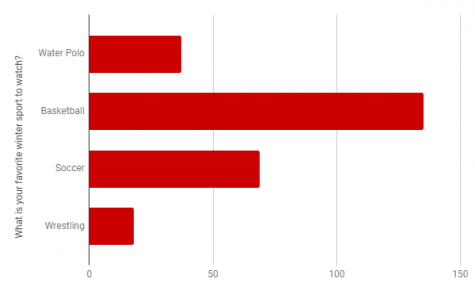Say Goodbye to Freeloading
Financial Advice
I get it, you’re hungry. But there are more responsible ways to deal with your money rather than buying Hot Cheetos, considering 23% of teenagers’ annual income is spent on food (Business-Insider). Graduation is not far away for us seniors, so we need the basic understandings of the money world.
Credit
Credit is a sort of trust when it comes to money and time. Your credit score will determine your ability to repay a loan and will actually get you through life. When using a credit card, don’t go and max it out each time you use it, or don’t max it out at all. Spend only below 30% of what your limit is because this will improve your credit score if done correctly. Of course, it is good to pay everything on time, yet it is still recommended to pay a day or two early and only pay the “minimum amount due.” Paying the M.A.D. will show your bank that you can make payments on time, and they will build a trust with you (credit score). Try using your credit card only for times when you need the money, and you know you can pay it back.
Loans
If you need help financially and cannot afford your expenses all at once, get a loan, but be smart about a loan. Make all your payments on time. This is crucial. Unlike a credit card, it is okay to pay more than your minimum amount due for loans because this will get rid of your debt quicker. Credit scores do correspond with loans as well. The higher your score is, the less interest you pay. So if you do have a low credit score, you may want to think about buying a cheaper/used car, rather than the latest edition and be stuck with a high-interest percentage. However, if you would like a loan, many banks differ with their requirements. You must have a bank account and credit established, or collateral which is something you can use as insurance. So if you put up your house and don’t pay the loan back, the bank has the authority to claim your house.
Retirement
It is not too early to start thinking about retirement. A smart investment is to have a “401k.” This is deductions from your checks before taxes to put aside for the future. Another option would be “Roth IRA,” which is almost the same concept as a 401k, but it allows you to put money in after your taxes so there are no fees. Your social security deductions will save money from each check you earn, assuming you get a job. However, it would not hurt to save more for the future. For further information, you can find it at the following link:
https://www.fool.com/retirement/2018/07/23/retirement-advice-for-every-decade.aspx
Saving
Whether you have a phone bill, car insurance bill, buy groceries, gas, you should always make room for savings. Once you receive your check, deduct all expenses that you expect to pay that month and put the rest aside for savings. You may be tempted to take some out to maybe go out with your friends, so in this case, limit yourself to a small amount you can take out. Many banks have the option for savings accounts where you can lock your account or limit the withdrawal amount. Adapting to this method will eventually shape you into spending less money on “nonsense” and start saving it (Nerdwallet.com). Ten percent of your income is recommended for saving on each paycheck or annual income. However, you should not only save for the future, but rather for emergencies. You never know when you could be in need of a few hundred dollars or even a few thousand. Begin saving as soon as possible with any bank, because a savings account should be your top priority.
Of course this is a lot of information, so get a head start and take it step-by-step. You will eventually find more adjustable ways to use your money as you get experience, but for now be wise and stick to the recommended advice.

